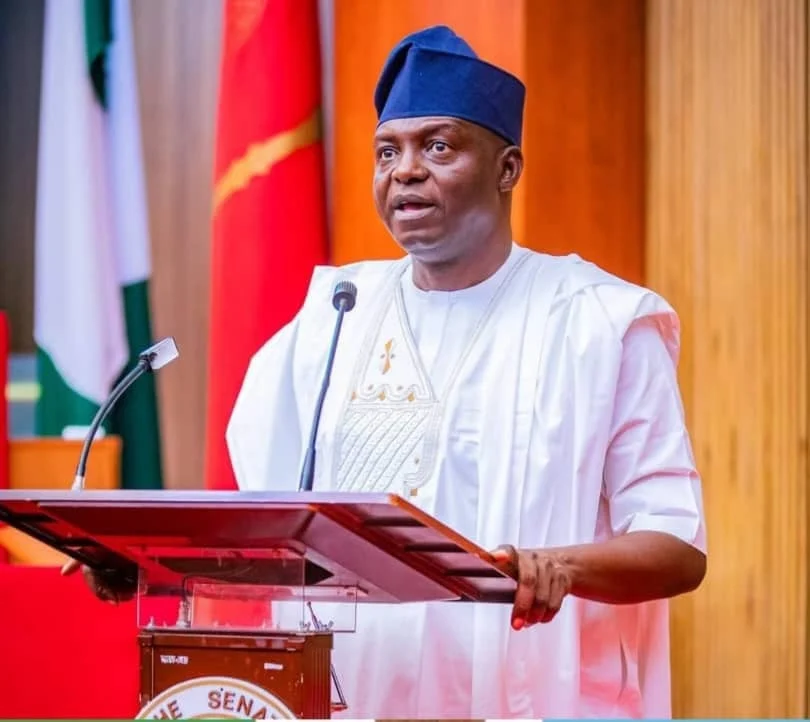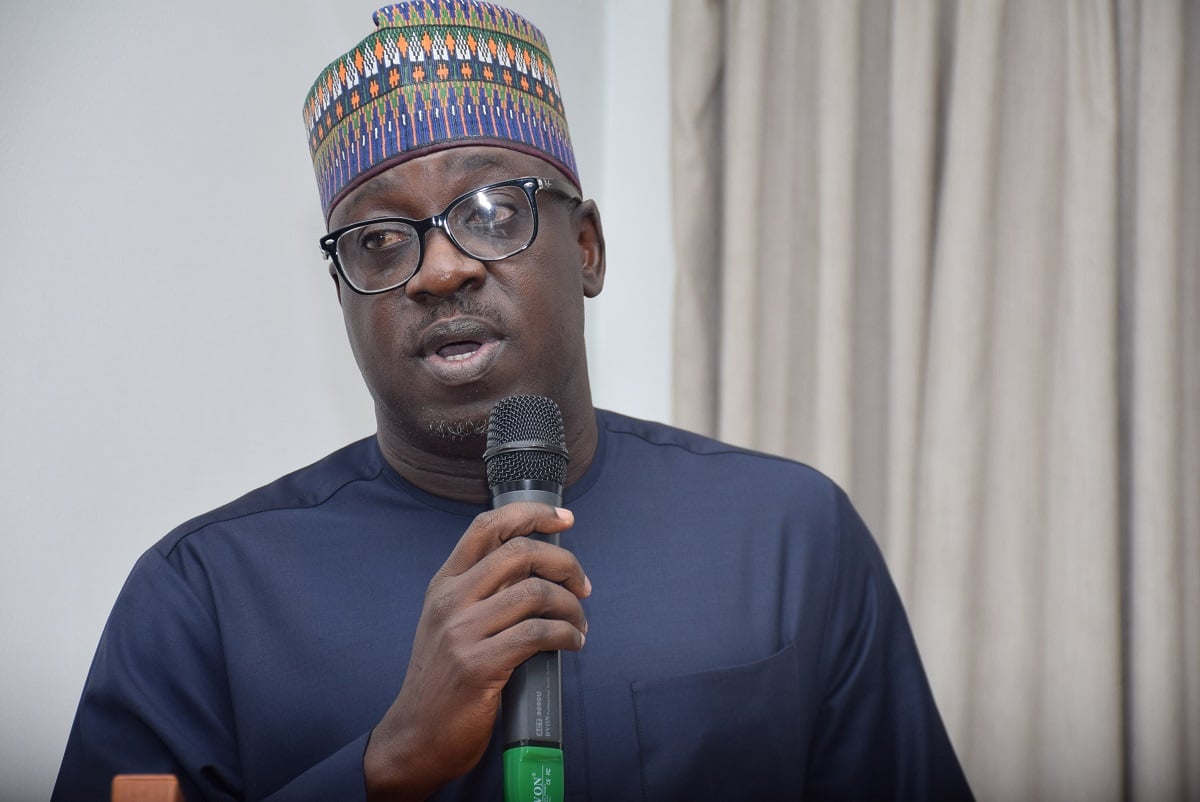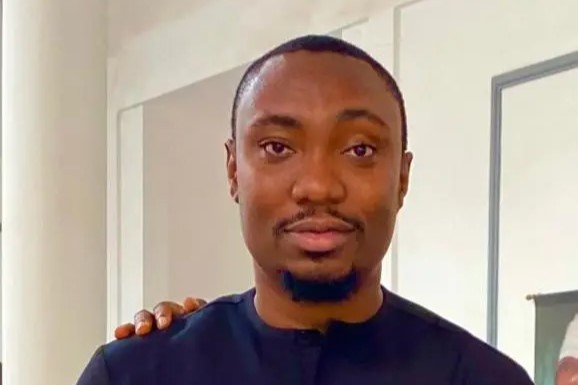The Director of Mobilisation of the Obidient Movement, Morris Monye, has resigned from his position, citing poor coordination, lack of communication from the leadership, and the group’s disappointing performance in the recent Anambra governorship election.
Announcing his decision in a statement on Thursday via his X handle, Monye said his continued role had become “untenable,” as most of the movement’s plans remained unfulfilled nearly a year after they were set.
“Almost a year down the line, most of our short-, medium-, and long-term plans have not been met. I won’t be part of optics and no work,” he stated.
Monye disclosed that he had personally funded mobilisation activities nationwide, including voter awareness drives, travel, and logistical support, without receiving any financial backing from the movement’s leadership or its presidential candidate, Mr Peter Obi.
“No money was given to the Directorate of Mobilisation. There’s no bank account even for the directorate. In fact, Mr Peter Obi has never asked what we are doing in mobilisation, no communication, nothing,” he revealed.
He lamented that his involvement in the movement had subjected him and his businesses to harassment from political actors. “It’s a role that paints a target on your back. I’ve had to remain silent so as not to discourage anyone or appear to be complaining, but it has taken a toll on me and my family,” he said.
Listing his contributions, Monye said he created an online registration system for Obidients, revived dormant support groups, established regional offices, and launched the Obidient NextGen university campus network. He also initiated plans to equip polling agents with affordable body cameras to promote election accountability, a project he urged his successor to complete.
Monye said he had formally submitted his resignation to Obi, the National Coordinator, Dr Yunusa Tanko, and his state coordinator. Going forward, he said he would focus on his businesses and pursue executive studies at Oxford or Cambridge University, while continuing to advocate for electoral reform and good governance.
Advising the movement’s leadership, he called for better funding, professional consultation, and a performance-based structure. “You can’t run a campaign simply from general goodwill. This is not 2023. The element of surprise is gone,” he warned.
He described his time with the movement as “a privilege” but maintained that it was time “for someone else to carry the mantle.”
The Obidient Movement, which emerged in support of Peter Obi’s 2023 presidential bid, gained nationwide traction through social media and grassroots engagement, particularly among young Nigerians and the diaspora. However, its momentum has waned in recent months, reflected in the Labour Party’s 1.5 percent vote share in the November 2025 Anambra governorship election.












